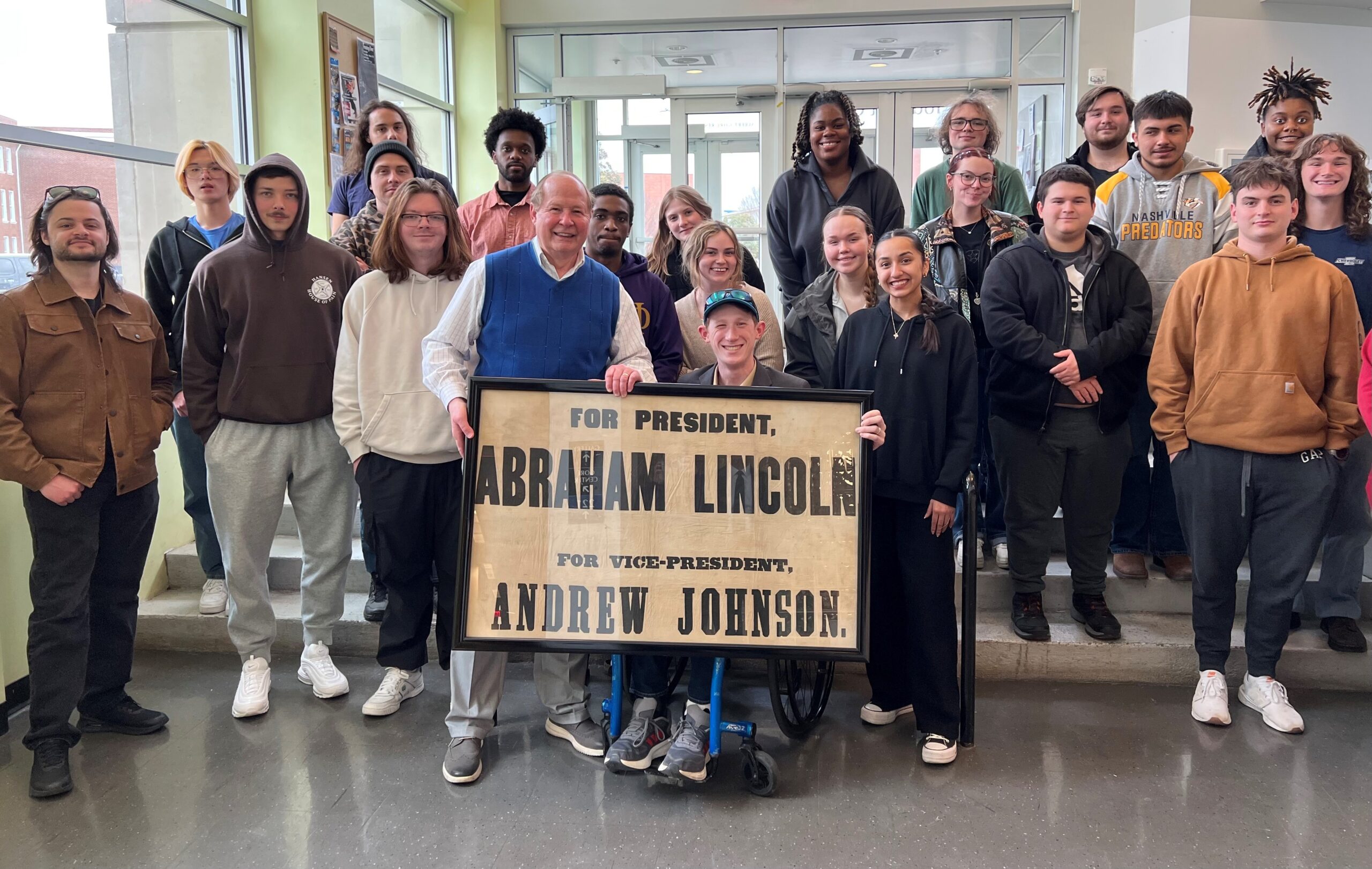Department of Political and Global Affairs
Academic Help Resources
Everyone struggles somewhere, sometime, with something. Maybe you’re struggling and figure you’d do better in classes if only you knew how to take better notes, or had better study skills, or knew how to get key information out of textbooks, or wrote better test essays, or knew how to properly cite resources, or had a better idea on how to locate research materials, or…any number of things.
Ways to get help:
Your single best resource is the professor in a class where you may need help with some skill. Whether you are having an issue with something related to the specific class or some general skill needed in the class, your professor can usually help.
Students who talk with their professors do better than those who do not. Some students are reluctant to go to a professor’s office and simply talk with them about issues, but professors do not bite — so go and talk to them.
Question: When Should You Go Talk To Your Professor?
As soon as there is an issue or problem.Do not wait for two or three bad grades to stack up before talking to your professor. Talk to her/him before you find yourself in a deep hole. When you get one bad grade or first realize you are lost on some concept, go talk to your professor immediately. Do not allow small problems to escalate into major problems.If you get a “D” or an “F” on an assignment, these are bad grades and you should absolutely go talk to your professor. But, if you get a “C” and really want to be a “B” student, or you get a “B” and really want to be an “A” student, then these are also “bad grades” in terms of your personal goals, and so go talk to your professor.Talk to them about your issues, listen to what they say, and act on their advice. Do this, and you will almost certainly do better in and get much more out of your courses.
Some issues are not specific to a particular course, such as recurring problems with writing or note-taking, or personal traumas that are undermining your performance in all classes. For such issues, go and talk to your academic advisor. She or he can probably help with many of these issues, and, if they cannot, they can put you in touch with people who can help.
If you do not have an advisor yet, or do not remember who your advisor is, or are not sure how to contact your advisor, just click over to the Advising Information page.
MTSU provides a range of resources for different student needs and problems. They are there to be used, so use them.
- MTSU Writing Center – For help with individual assignments, or help with general skills, set up an appointment and get help with all forms of writing.
- TRiO Student Support Services – Many MTSU students are eligible for TRiO tutoring and advising assistance. Just click over to the site and see if you are eligible.
- MTSU Tutoring Resources – These tutoring opportunities are for specific courses that many students struggle with, so look at the courses they work with and use them if you are in one of these courses. PGA offers free academic tutoring every semester in select PGA courses.
- Research Librarians – The Library has full-time research librarians to help students with the research process and finding materials. If you are lost trying to find materials, talk to them. Also, the library web site provides some guides for research on some specific subject areas in political science, so check those out too!
- Disability & Access Center– If some form of disability is impacting your performance in classes, talk with the staff at the DAC and see what can be done to help you level the academic playing field.
- Counseling Services – If you are experiencing loss or grief or depression or other emotional issues that impacting your performance in classes, talk with someone at Counseling Services for assistance.
- Student Health Services – If you are experiencing health problems that are impacting your performance in classes, go to Health Services.
There are many web sites available with good tips on specific academic skills you may need help with. The hard part is sifting through everything out there to find things that really are valuable. Whether using some of the examples below or others you find, you should talk to professors about the advice and if it will be useful in their classes.
Sample Online Resources
- On Time Management Skills
- On Good Note-Taking Skills
- On Reading Textbook Skills
- On Good Study Skills
- On Writing Good Essays on Exams
- On Writing in Political Science
- On Avoiding Plagiarism
